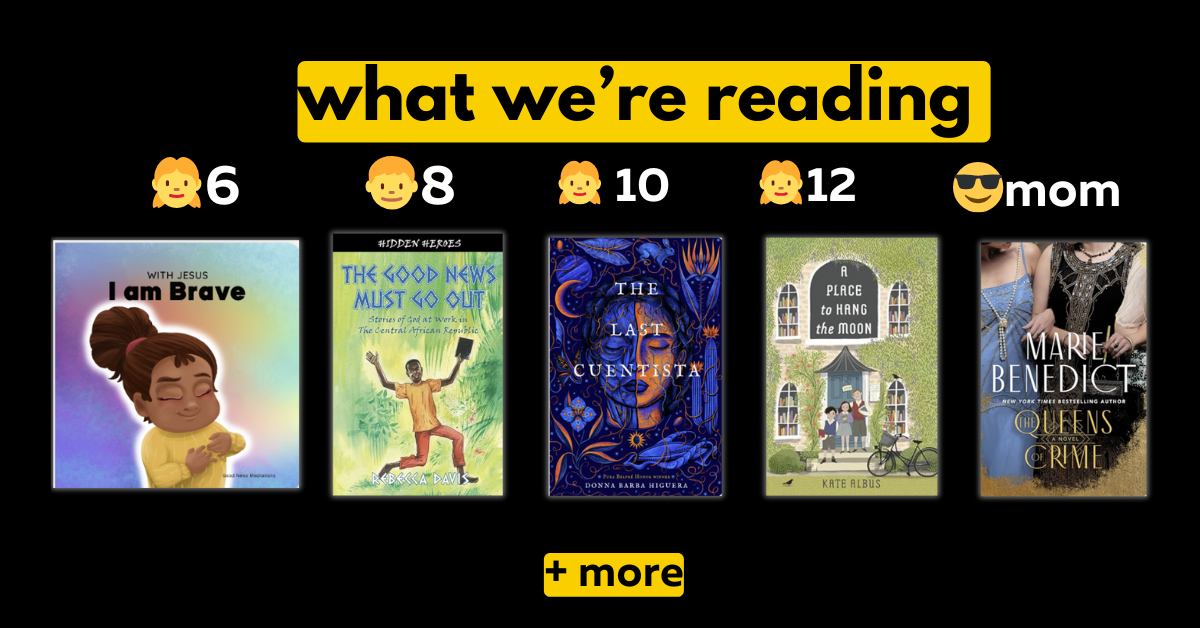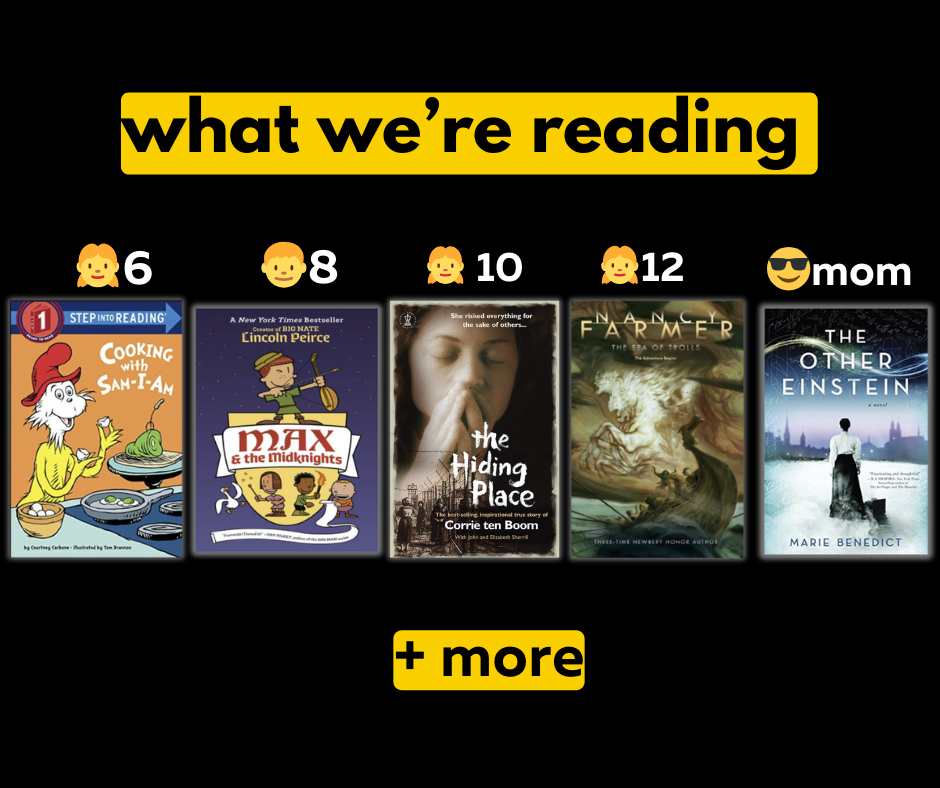
How Roadschooling has Changed our Homeschool
In the summer of 2022, my family set out on what turned out to be an amazing adventure. We sold most of our possessions, including our farm animals, moved into our freshly converted school bus, and hit the road. My kids had already been homeschooling (they never actually went to school), so we had that taken care of, but living on the road was an adjustment.
Homeschooling Before Travel
Before we started traveling, we lived on a small hobby farm with lots of different animals, a big backyard and garden, regular playdates, and a library we loved. While on our farm, a lot of our learning was centered on sustainability. We made bread, cheese, and soap regularly, and my kids were learning a lot about animals, herbs, and first aid. We supplemented this practical learning with lots of games, unit studies, documentaries, science kits from the thrift store, and tons of library books!
One of our favorite parts of our unit studies about different countries was our “country feasts.” We would choose 3-5 recipes from the country we were studying to make at home and try, and actually found several new favorite dishes this way.
The Transition to Roadschooling
When we moved into our bus, we moved from a modest-sized house with a modest-sized kitchen that we had figured out how to work in. Our bus has practically a microscopic kitchen, a tiny propane oven that doesn’t like to stay lit, and an extremely limited collection of dishes. Needless to say, we haven’t been able to continue our country feasts.
We brought most of our games but left most of our books. Instead of as many physical books, we consume more audio and ebooks. While it can be possible to get nonresident library cards at some locations, we often move too quickly to use the library. Instead, we’re using more digital resources and exploring our local environment more.
We miss our animals, garden, home library, and many aspects of our stationary life, but have gained so much freedom in exchange. No longer limited to one location, my kids have explored several different biomes in the USA. We mostly boondock (camp on public lands without facilities or actual sites), so at each stop, they get a new backyard that’s often several hundred or even thousand acres.
Homeschooling While Traveling
One of our favorite things to do now is explore national parks, read the signs, and complete the Junior Ranger books. Junior Ranger books are free activity and learning books put out by every national park and many other types of parks. These have enabled our learning about the ecosystems, habitats, plants, animals, and histories of these parks.

We’ve generally had a pretty child-centered, play-based homeschool, but my kids are getting older now and there are certain things they need to learn. To help make sure they get the foundation they need, we use a few digital resources. Khan Academy is great for math (and a host of other topics as we need or want them). As I type this, my daughter is learning how to type and spell using Touch-Type Read and Spell.
I still prioritize play and exploring interests. In addition to the physical books we have crammed on our bus, my kids enjoy reading ebooks and listening to audiobooks. They’ve always learned well via books, and just today my son surprised me with information about Paul Bunyon that he’d read from a book at some point.
Another great thing about traveling is we are always near different museums. With the ASTC reciprocal benefits we have from when my son took a free Young Eagles flight, we have been able to visit museums all over the country for free.
Homeschool Routines
Over the years, we’ve transitioned in and out of several different routines. When my kids were younger, we played a game every day over breakfast. We’ve had times without much routine outside of mealtimes and bedtimes.
We use our routines to help us balance and meet everyone’s needs. I am very much an introvert while both my kids are very social and outgoing. My husband and I also need to get at least some work done. We seem to be at our best when we stay at least two weeks in an area, get out to do fun things once a week, and have a day a week for errands and laundry. We have moved slower and faster and had more and fewer outings a week. However, if we have too many outings, I get really drained and we can’t get enough work done. If we have too few, our kids get bored and lonely.
For about the past year, my kids have had “morning duties” as we call them. These entail walking the dog, a chore each, hygiene, and the lessons they can do independently (math, typing/spelling, and about two lines of tracing). Ideally, these take no more than two hours a day and my kids then have the rest of the day to play.
We did experiment with “lunchtime lessons,” in which they just walked the dog and did their chore in the morning before going out to play. When they got hungry again, they’d eat lunch before completing their lessons. This went okay when we weren’t around other kids.
Flexibility is Key
The important thing, like with any homeschooling, is to be flexible and adapt to your needs. We’ve had days when we needed to leave early and skipped a day of lessons. Other times, we’ve reassessed and changed things up. When we are at rallies with lots of other families, we tend to skip lessons entirely and let the kids focus on playing.
One of my favorite times of day is after dinner is cleaned up and our dog has had her evening walk. We all pile on my big bed for our “evening lessons.” This is the time that all of us get to learn together. (I’ll admit, I’m selfish and want to learn, too! One of my many favorite aspects of homeschooling is how much I get to learn with my kids.) We have used this time to cover Digital Citizenship, sex ed, world history, nutrition, logic, and Spanish.
Traveling is, in and of itself, an amazing, educational experience. We could entirely abandon formal academics and my kids would still learn a ton. However you travel, whether it’s by RV, Airbnb, hotels, hostels, backpacking, full-time or part-time, or any other way, your kids are sure to be learning. Just remember to tailor your travel–and your homeschool–to your family’s particular needs.
Bio
Ashley Wright first decided to homeschool in 2012 while working on her master’s in education, before she even got pregnant! Her kids were born in 2013 and 2015, started gameschooling in 2019, and traveling full-time in 2022. Ashley started her blog about gameschooling, Gypsy Gameschooler, in 2022, and wrote her book, Gameschooling on a Budget, in 2023. Her husband, Chris Wright, has been blogging about their travels on Dadding on the Road.


